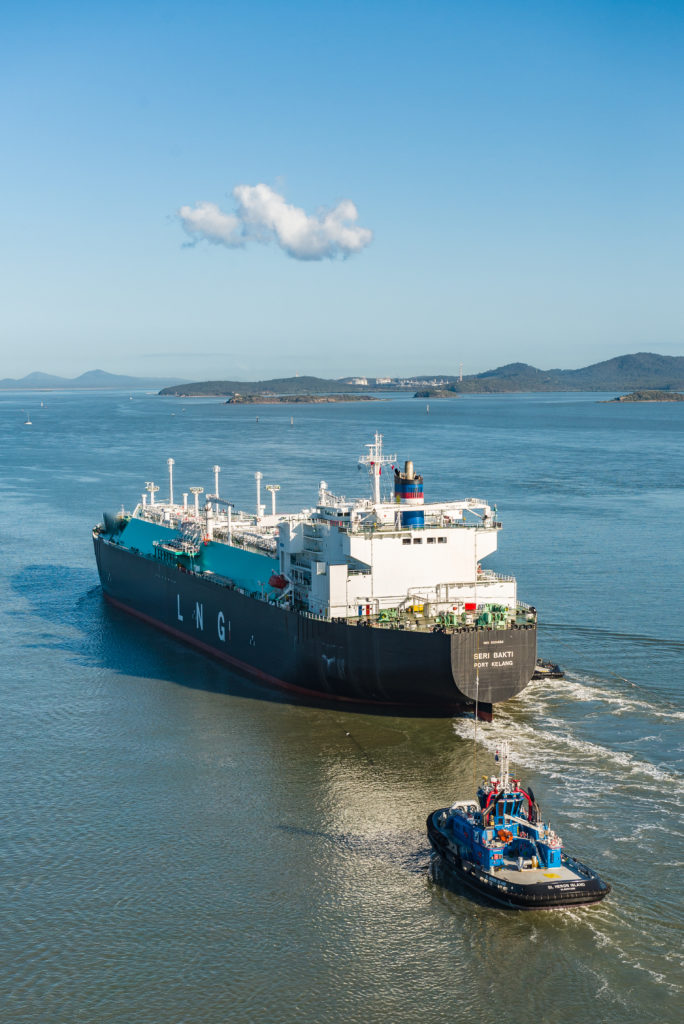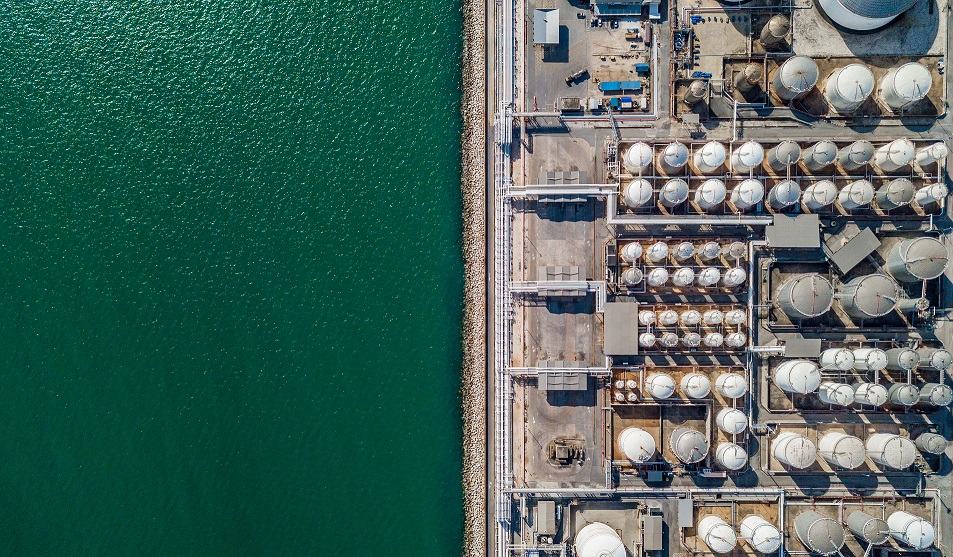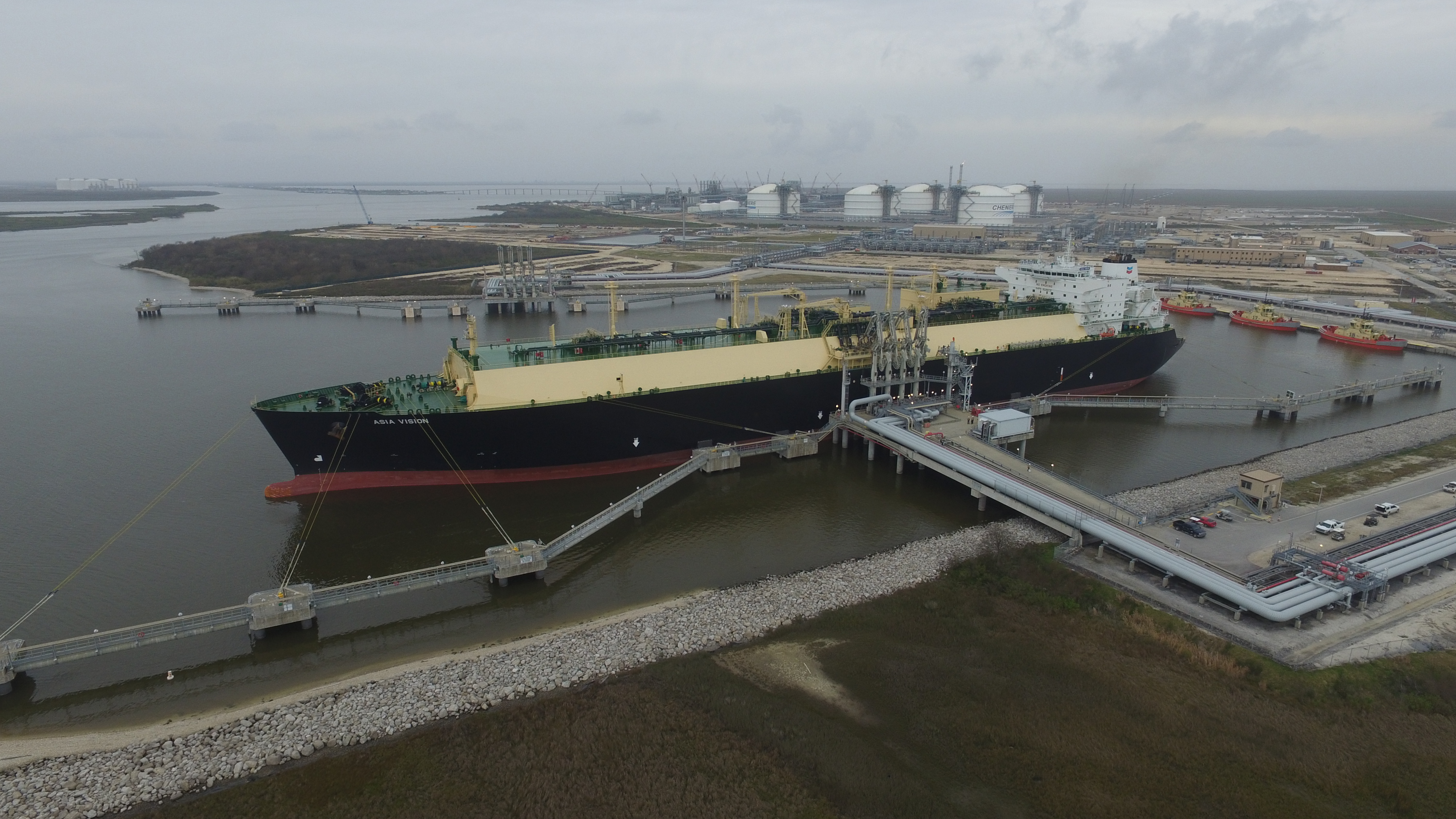Australia has established itself as a trusted energy and economic partner in the region and a reliable, stable investment destination. The role of gas is widely acknowledged by governments in our region as being critical to ensuring energy security and in the region’s transition to a net zero emissions future with Australian liquefied natural gas (LNG) representing a key pillar of regional energy supply. The importers of Australian natural gas are key investors in the gas sector and in the LNG projects themselves, as well as in Australia’s economy more broadly. In many cases, these countries are also our key diplomatic and national security partners in the region.
The proposed revisions to the ADGSM Guidelines risk undermining Australia’s role in the region. The government’s proposed 30-day minimum notice period for breaking critical energy supply contracts and broad ministerial discretion to limit LNG exports may result in allied countries in our region being left without the gas they need to power their homes and industries and will encourage them to seek alternative energy supply from more secure sources. The Guidelines undermine the certainty of longterm export contracts and will make investment in Australia’s market less attractive. Regional partners, including the government of Japan, have already raised concerns with the proposed changes.
The Guidelines do nothing to address the root causes of forecast domestic gas shortfalls and instead export energy uncertainty to the region. The Australian Competition and Consumer Commission (ACCC) in its January 2023 Gas Inquiry Interim Report identifies investment in new gas supply as the solution to shortfalls in the domestic gas market. However, instead of addressing the structural factors driving potential shortfalls and supporting new domestic gas supply, the proposed Guidelines effectively export Australia’s domestic gas market uncertainty to the region.
To address forecast shortfalls in the domestic gas market, increase the transparency of the ADGSM and moderate its impacts, APPEA recommends:
• The government should prioritise increasing domestic gas supply, rather than compromising international contracts, investments and partnerships.
• The assessment and determination of a shortfall must be objective and transparent.
• The procedures for triggering the ADGSM must be more robust and objective – minimising ministerial discretion and maximising the notice provided to LNG producers and customers.
• The Guidelines cannot be considered or revised in isolation and must align with the ongoing Heads of Agreement and Code of Conduct discussions and processes.
APPEA and its members remain committed to providing a secure, reliable and affordable supply of natural gas for households and businesses, in Australia and the region, and to working with government to find an effective, transparent, workable, and sustainable way forward.




